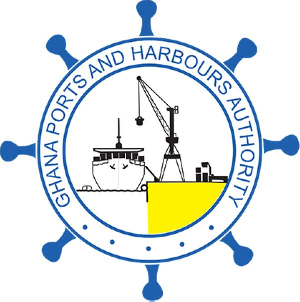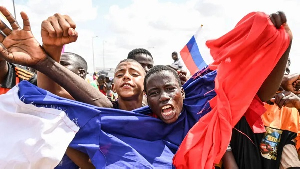General News of Tuesday, 2 May 2017
Source: starrfmonline.com
Bridge gap of science communication – UNU-INRA
The percentage of people in Sub-Saharan Africa who enjoy piped water on their premises has reduced significantly from 42% to 34%, according to a UN water report.
The report noted the development is an indication that Sub-Saharan African is threatened by access to safe drinking water sources. Illegal mining, popularly known as ‘Galamsey’ in Ghana is one major threat to water bodies. The phenomenon has moved the government to wage war against illegal miners to save water bodies since Ghana risks importing potable water come the next 10 years.
The issue of water scarcity poses severe health concerns since communities end up using untreated water for domestic purposes. To help address the issues, journalists, scientists and communicators have been urged to bridge the gap between science communication and science journalism. This will enable journalists, researchers and communication officers to understand each other’s work to serve the purpose of disseminating information to the public.
According to authorities at the United Nations University Institute for Natural Resources in Africa (UNU-INRA), the challenge of broadcasters having less knowledge on scientific issues is starving the general public of science related issues which they need to better their lives.
Communication and PR Associate at UNU, Praise Nutakor, explained that relevant information identified by scientists and researchers which will help solve some challenges, do not reach the masses because of the complexity of a researcher’s work to communicators and journalists who will advocate and disseminate the information.
“One of the challenges we have identified over the 50 years of our working experience is that, we have realised that journalists usually tend to shy away from science report and then researchers or scientists often do not really appreciate the need for communication in their work,” she said at a two-day workshop aimed at bridging the gap between scientists and communicators.
According to her, once the hurdle of lack of communication is resolved the lives of many will improve.
UNU-INRA, which focuses on investigating natural resources management issues hopes to use the workshop to collaborate effectively with journalists and communication specialists. The pilot workshop was attended by participants across the continent, including Rwanda, Liberia, Nigeria and others.
The trainers, Sueli Brodin Howard Hudson, Diego Salama, Mary Ama Kudom-Agyeman, Praise Nutakor, and Cynthia Prah, who took turns to have meaning interactions with participants emphasized on the need to improve and cultivate knowledge of science, propagate its importance and prioritize environmental issues.












